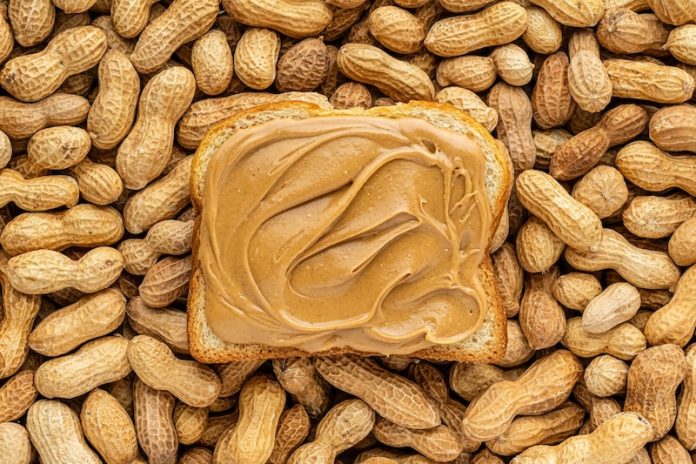
Ultra-processed foods (UPFs) have been the subject of growing concern in the world of nutrition, with some experts highlighting their potential health risks.
However, a debate is emerging as to whether all UPFs are inherently unhealthy, and whether they should be subject to blanket taxation or bans.
The concept of UPFs was introduced in 2009 by Carlos Monteiro, a researcher at Brazil’s University of Sao Paulo.
His NOVA classification system categorizes food into four groups based on the level of processing involved, with everything in the fourth group considered ultra-processed. Unlike traditional nutrition criteria that consider nutrient levels, NOVA focuses on the degree of food processing.
UPFs are defined as formulations of substances derived from foods that typically contain minimal or no whole foods and are enhanced with additives like colorings, flavorings, and emulsifiers to make them palatable.
Common examples include chips, soft drinks, and frozen pizza. Surprisingly, items like non-dairy milks, baby formula, and supermarket bread are also classified as UPFs by NOVA.
Numerous studies have linked high UPF consumption to a greater risk of various health issues, including heart disease, cancer, asthma, depression, and more. However, these studies have mostly been observational and cannot establish causation.
One randomized-controlled trial in the US did show that those who consumed UPFs gained weight, suggesting these foods might lead to overconsumption and even addiction. Critics argue that this trial highlights how big food companies make UPFs “hyperpalatable.”
However, some nutrition experts are pushing back against the all-encompassing categorization of UPFs as unhealthy. They argue that the definition can be vague and that not all UPFs are equally detrimental to health.
In a French study, nutrition experts struggled to agree on which foods should fall into the UPF category, highlighting the complexity of classification.
Researchers have also sought to create a healthy UPF diet, demonstrating that it is possible to score well on nutrition indices while consuming primarily UPFs. This approach involved selecting certain UPFs with additives like preservatives and incorporating them into a balanced diet.
Critics argue that not everyone has the time or financial resources to cook every meal from scratch, and imposing taxes on processed foods could disproportionately affect vulnerable populations.
The debate surrounding UPFs raises important questions about how we define and regulate these foods.
While some experts call for stricter measures, including treating UPFs like tobacco, others advocate for a more nuanced approach, emphasizing the importance of a balanced diet that includes whole foods like fruits, vegetables, whole grains, lean protein, and low-fat dairy.
Ultimately, the discussion underscores the complexity of nutrition and the challenges of balancing convenience with health.
Copyright © 2023 Scientific Diet. All rights reserved.





